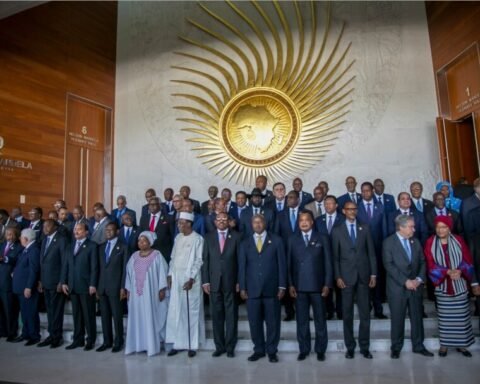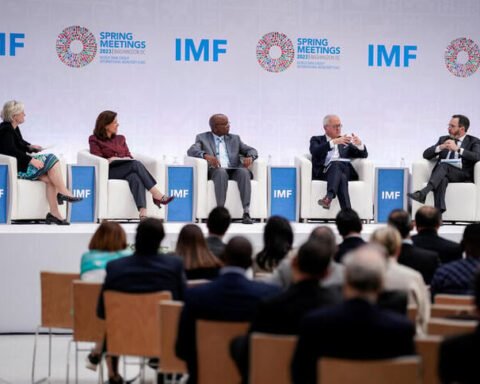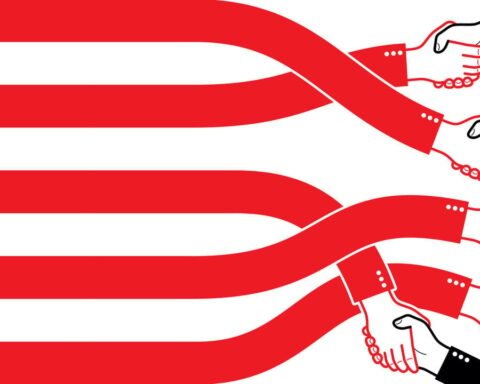The United Nations (UN) has sounded the alarm after revealing that a record 383 humanitarian aid workers were killed in conflict zones worldwide in 2024.
Nearly half of these deaths occurred in the war-ravaged Gaza Strip, making it one of the deadliest years ever recorded for frontline humanitarians.
The figures were released on World Humanitarian Day—observed annually on August 19—by UN Humanitarian Coordinator Tom Fletcher, who described the situation as “a shameful indictment of international indifference.”
“Each one of these deaths represents a human being who chose to serve others and paid the ultimate price. Their loss is not only tragic, it is unacceptable,” Fletcher said, urging governments and armed groups to uphold the principle of protecting civilians and those risking their lives to deliver aid.
According to the Aid Worker Security Database (link), the 2024 toll marked a 31 percent rise compared with 2023, when 293 humanitarian staff were killed. In addition to the fatalities, there were 599 major incidents involving aid workers, leaving 308 injured, 125 kidnapped, and 45 detained.
Most of those killed were local staff, often targeted not only during their field operations but also inside their homes and communities. Fletcher stressed that this pattern shows “a deliberate disregard for international law,” underscoring the erosion of long-standing protections for aid providers.
Also Read; Trump Urges Zelenskyy to Consider Diplomatic Solution
The Gaza War (link) was by far the deadliest setting, with 181 aid workers killed during relentless airstrikes and ground offensives. In Sudan, which has been engulfed in civil war since 2023, at least 60 aid workers lost their lives. Other countries with significant casualties included Lebanon (20), Ethiopia (14), Syria (14), and Ukraine (13).
One of the most shocking incidents occurred in Rafah, Gaza, in March 2025. Medics and emergency responders, clearly identifiable in marked vehicles, were killed in a dawn attack. Their remains and equipment were later bulldozed and buried in a mass grave, an act Fletcher called “a crime against humanity.”
Behind these statistics are ordinary people—parents, teachers, nurses—who put themselves in harm’s way to save others. Their work often meant delivering food to besieged families, rushing the wounded to clinics, or ensuring clean water reached displaced communities.
“These are not just numbers on a report,” Fletcher reminded. “They are lives cut short while embodying the very best of humanity.”
The UN has demanded stronger accountability measures, warning that without protection for humanitarian workers, millions of civilians trapped in war zones face even greater peril.
Global advocates argue that attacks on aid workers are not accidental but systematic, often carried out to restrict humanitarian access and weaken community resilience.







